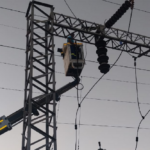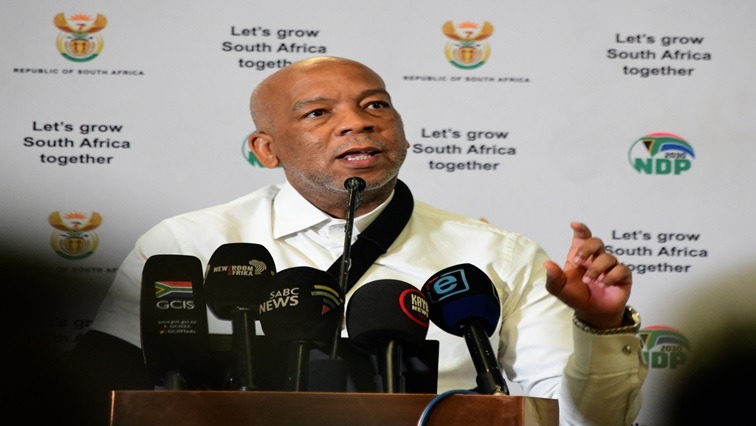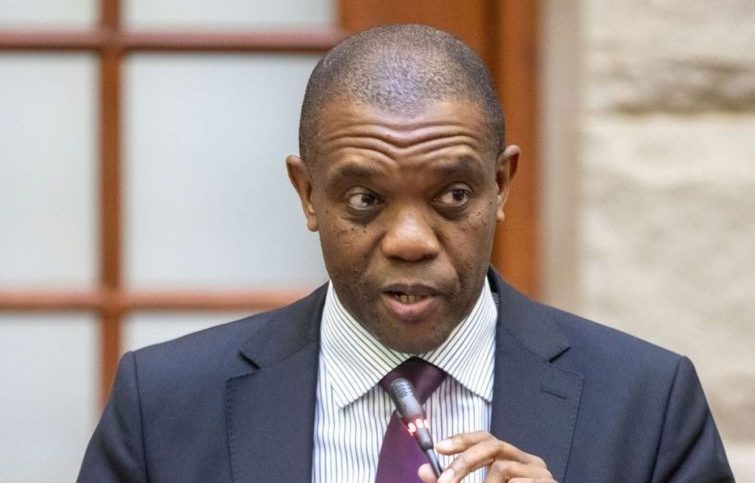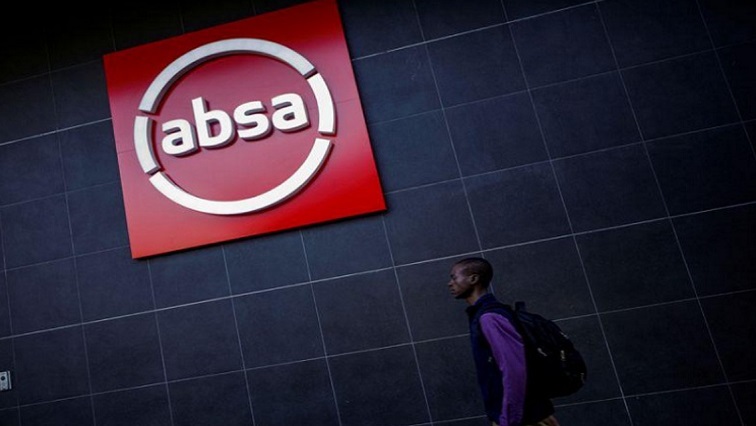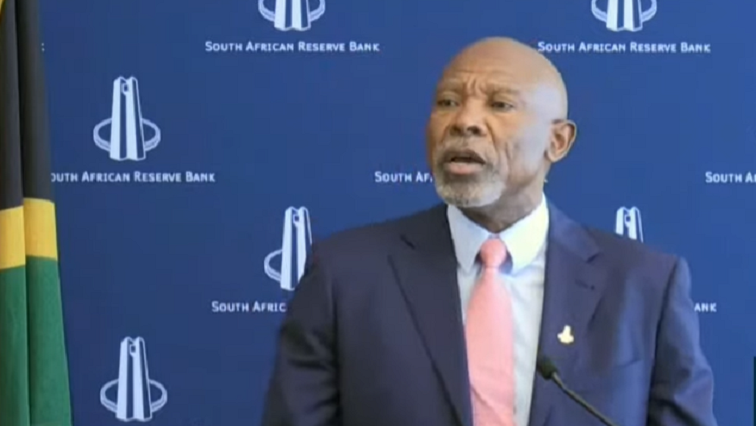-
Minister of Electricity, Dr Kgosientsho Ramokgopa.
The North West Department of Electricity and Energy says South Africa’s G20 Presidency will greatly benefit the country as it plans to expand its nuclear power generation capacity.
South Africa’s nuclear energy programme has been in operation since 1984.
The department will convene the third G20 Energy Transitions Working Group meeting at Sun City.
Stakeholders will collaborate and share knowledge, including information about the role of nuclear energy in mitigating the effects of climate change. This as South Africa is actively transitioning from its reliance on coal-fired power plants to renewable energy sources and expansion of its nuclear programme.
This is key to economic growth, job creation, and the move to clean energy.
G20 Energy Transitions | Ramokgopa says no one must be left behind in global energy transition
MINISTRY OF ELECTRICITY AND ENERGY PUBLIC ENGAGEMENTS DIARY 🇿🇦 pic.twitter.com/OUvsRt7Hb0
— Department of Electricity and Energy (@DOEE_ZA) July 28, 2025
Authorities are hopeful that South Africa’s G20 Presidency is opening opportunities for investments in the country’s transition to renewable energy.
The department’s Deputy Director General Zizamele Mbambo says, “The G20 comprises some of the most advanced countries that have got wealth, they could find opportunities to invest in South Africa as we are dealing with issues of our economy and we’re looking into investment from different countries. So, the G20 provides that platform, and also looking into the energy space, it is a perfect opportunity that South Africa would utilise to promote our energy mix.”
The government will also explore all financing options for the nuclear energy programme.
“There are innovative financing options that can be explored in terms of deploying the nuclear power program. So, in our view, there is opportunities that South Africa would be able to afford a nuclear power program, looking into a combination of different financing options that are available in the market and seeing which one would work best for the country,” says Mbambo.
According to one nuclear energy expert, South Africa must form alliances with countries that have nuclear energy expertise, such as Russia, China, and South Korea.
According to Prof Bismark Tyobeka says, “Some of the arrangements may be the choice of a strategic partner, which is what Egypt did with the Russian federation, to say that we will, you know, the producer of, the technology owner will deploy the nuclear power plants in your country, but government must produce certain guarantees, such as the power purchase agreement. We’ll build nuclear power plants for you, but you must commit to buying electricity from these nuclear power plants at a particular price for a particular period. That’s part of your financing arrangements.”
Electricity and Energy Minister, Dr Kgosientsho Ramokgopa, previously said that nuclear power will be part of South Africa’s policy to mitigate climate change.
South Africa has committed, under the Paris agreement, to transition to low-carbon energy generation technologies by 2050.
G20 Energy Transition Working Group Meeting





